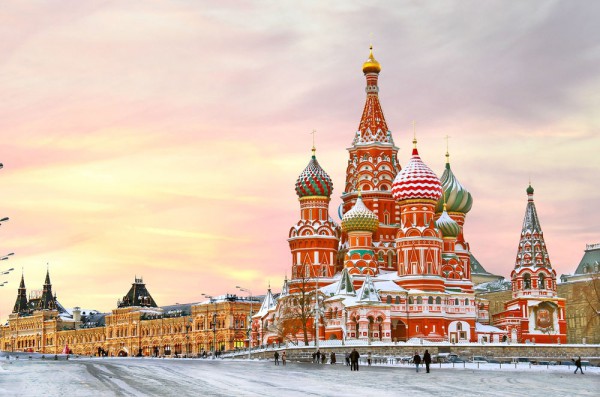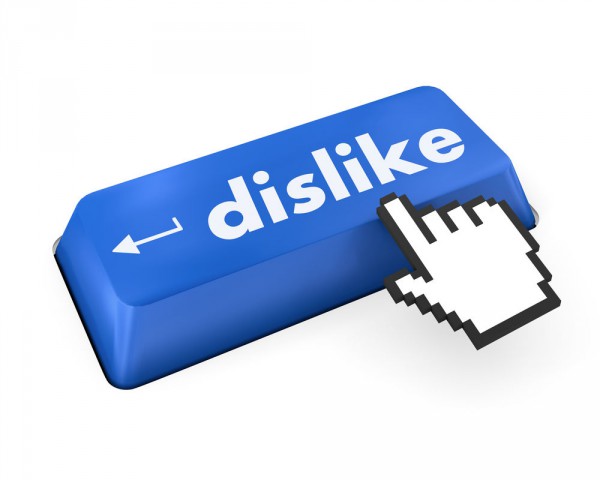
The idea of a closed internet is hardly new; turn your eyes to East Asia, and the Great Firewall of China looms large. The Chinese government is well known for the control it likes to exert over the levels of access its citizens have to the internet, and there have been numerous well-publicized cases of censorship and access being restricted to pages that refer to certain events in the county's history. The country is highly defensive of its image, and goes to great lengths to fight off western influence -- including going as far as banning Windows 8 on government computers lest machines furnished with Microsoft's most recent operating system be used for spying on the People's Republic of China. Now it looks as though Russia could be going down a similar route.
Russian parliament has just passed a law that requires internet companies to store data about Russian citizens within the county's boundaries. The move can be viewed in a couple of ways. It is no secret that the Russian government, and Vladimir Putin in particular, is no fan of social media -- social networks were used by Russians to voice their disapproval at Putin's activities. It is thought that the move to contain citizen's data without Russia is a bid to create a Russian version of China's closed internet.
While the Kremlin insists that the laws -- which could come into play in the third quarter of 2016 -- are aimed at improving data protection, it is being viewed more suspiciously by others outside of the government. The concern centers around the fact that the government will retain the right to block or close down sites that do not comply with the law. This means that social networks like Facebook and Twitter will have to store their data in Russia rather than at data centers elsewhere in the world or risk missing out entirely on the Russian market.
Russia has something of an interesting relationship with many other countries, most notably the US. After Edward Snowden fled the States, he managed to obtain asylum in Russia, placing something of a strain on American-Russian relations. Having blown the whistle on NSA activities, Snowden has changed the face of the internet forever. He is held up as a hate figure by many, but lauded as a hero by others. His revelations about the activities of the NSA served only to make Russia more suspicious of the US.
Russians will no doubt be happy to ensure that their personal data is not being stored in the US. But bringing things in-house could mean giving up access to a democratic, free internet. Whether there will ultimately be a Russian firewall in place remains to be seen, but -- assuming the laws are passed by the upper parliamentary chambers as well as Putin himself -- it certainly looks as though Russians could end up losing access to parts of the internet the government doesn’t like.
Image Credit: Reidl / Shutterstock





 The Plug+ comes in two different versions -- an 18,000 mAh, which is the one we have tested, and a 12,000 mAh. They retail for $109.95 and $89.95 respectively. Each also comes in an array of colors, including green, pink, black, gold, blue and more.
The Plug+ comes in two different versions -- an 18,000 mAh, which is the one we have tested, and a 12,000 mAh. They retail for $109.95 and $89.95 respectively. Each also comes in an array of colors, including green, pink, black, gold, blue and more. Something of a quieter week this week -- perhaps because of Independence Day and preparations there for. Still, there was plenty of news to keep us busy, including the
Something of a quieter week this week -- perhaps because of Independence Day and preparations there for. Still, there was plenty of news to keep us busy, including the 